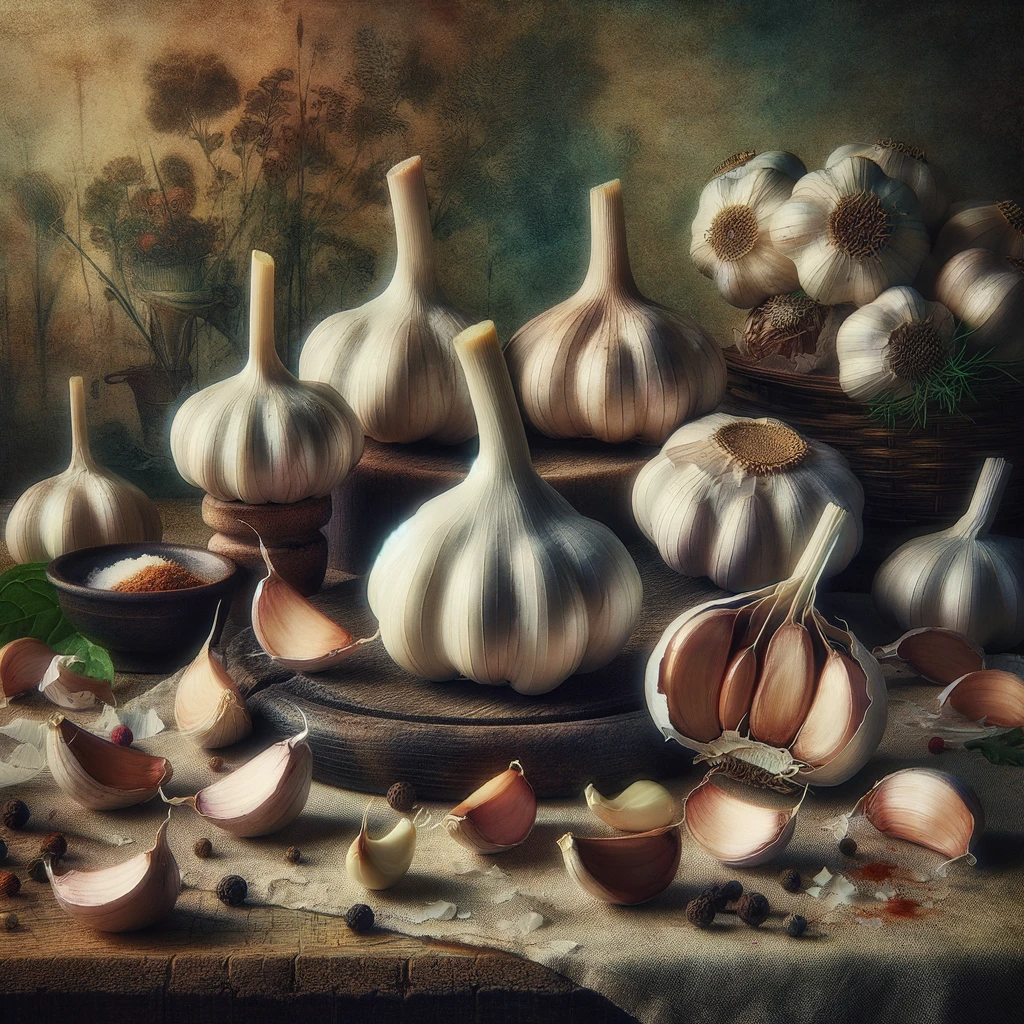Introduction
Salt, often referred to as the “king of spices,” is an essential ingredient in every kitchen around the world. While it might seem like a simple seasoning, its importance in cooking cannot be overstated. In this article, we will delve into the various roles that salt plays in the culinary world, helping you understand why it’s more than just a seasoning.
- Enhancing Flavor One of the primary roles of salt in cooking is to enhance the natural flavors of the ingredients used in a dish. It does so by heightening our taste buds’ ability to detect other flavors, making the entire culinary experience more enjoyable. Just a pinch of salt can transform a bland meal into a delightful feast.
- Balancing Sweetness Salt plays a crucial role in balancing sweetness in both savory and sweet dishes. It counteracts excessive sweetness and prevents the dish from becoming cloying. This is especially important in desserts and baked goods, where a touch of salt can make all the difference.
- Tenderizing Meat When used as a marinade or during the cooking process, salt can help to tenderize tough cuts of meat. It works by breaking down muscle fibers, resulting in more tender and flavorful meat. This technique is commonly used in brining and dry rubs for barbecues.
- Preservation Historically, salt has been used as a preservative for centuries. It inhibits the growth of harmful bacteria and moulds, preventing food from spoiling. From cured meats to pickled vegetables, salt has played a vital role in extending the shelf life of various foods.
- Texture Enhancement In baking, salt affects the texture of bread, cookies, and other baked goods. It strengthens the gluten structure, leading to a better rise and a desirable texture. Without salt, baked goods may turn out flat and less appealing.
- Seasoning Gradually Salt should be added gradually during the cooking process, allowing you to adjust the seasoning to your taste. By seasoning in stages, you can avoid over-salting your dish and maintain control over the final flavor profile.
- Health Considerations While salt is an essential ingredient, it should be used in moderation. Excessive salt consumption can lead to health issues like high blood pressure. It’s important to strike a balance between enhancing flavor and maintaining a healthy diet.
Conclusion
In conclusion, salt is not just an ordinary seasoning; it’s an essential ingredient that plays a multifaceted role in the culinary world. From enhancing flavor and balancing sweetness to preserving food and improving texture, salt’s importance cannot be overstated. However, like any ingredient, moderation is key. By understanding the various roles of salt, you can elevate your cooking skills and create delicious, well-seasoned dishes that leave a lasting impression on your taste buds.
